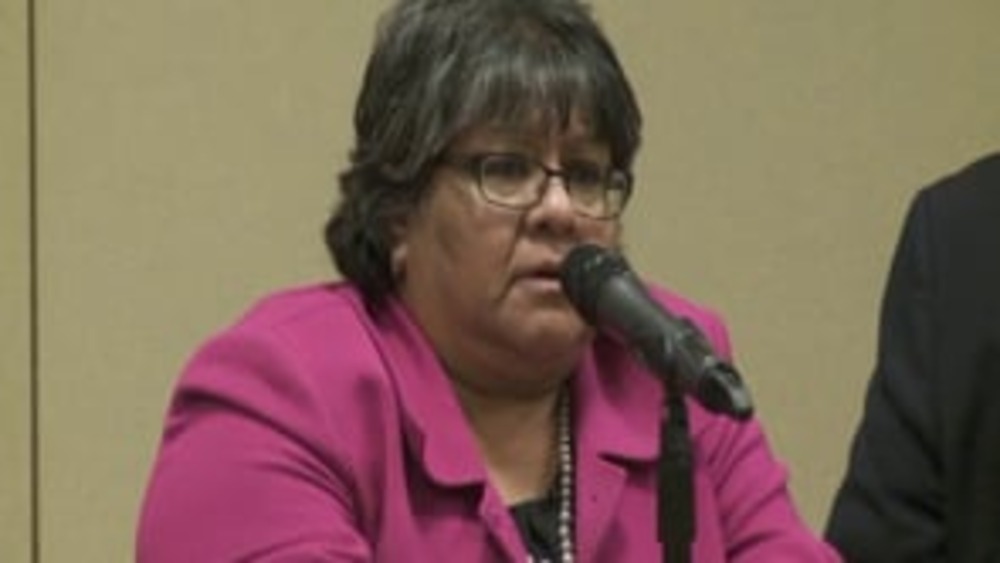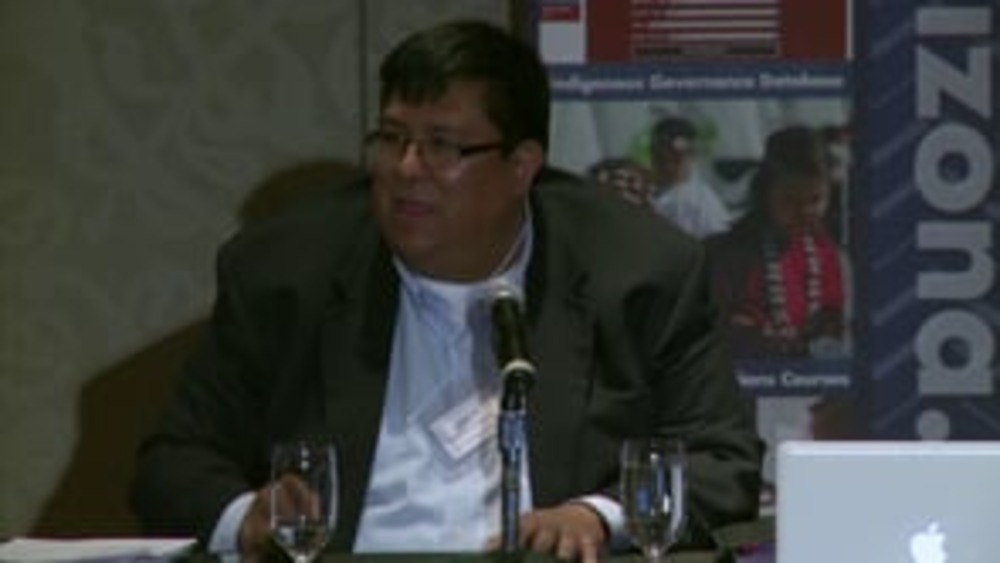Governor Stephen Roe Lewis of the Gila River Indian Community visited the University of Arizona to speak at January in Tucson: Distinguished Tribal Leader Lecture sponsored by the Native Nations Institute and held at the Indigenous Peoples Law & Policy program at James E. Rogers College of Law. In the tradition of his family legacy of leadership for the Akimel O’otham and Pee-Posh people of this desert riparian region of Arizona, Governor Lewis has been a steady leader in the Tribal Government of the Gila River Indian Community through several successful initiatives centered around revitalization of the Gila River and new Gila River Indian Community schools. His approach to Native Nation Building is exemplified in these examples as he shows careful planning and consideration to creating innovative ideas, strong capable institutional support, and centering cultural match to the outcomes. This dedication to a vision of self-determination by leadership in the Gila River Indian Community as shown by Governor Lewis presents an example to the potential of Native Nation Building.
Additional Information
Native Nations Institute. "Governor Stephen Roe Lewis Distinguished Tribal Leader Lecture," Native Nations Institute, University of Arizona. Tucson, Arizona. January, 2020
Transcript
Transcript available upon request. Please email: nni@email.arizona.edu


